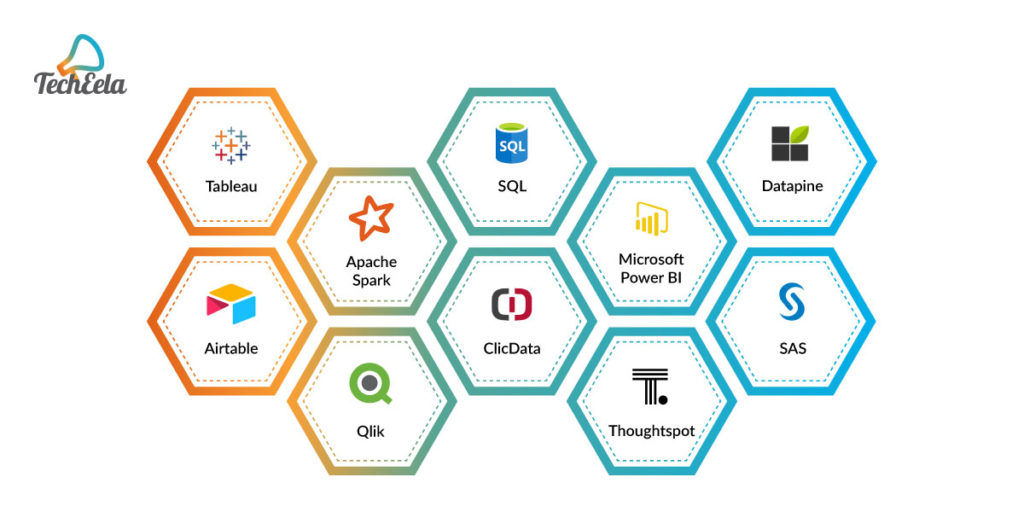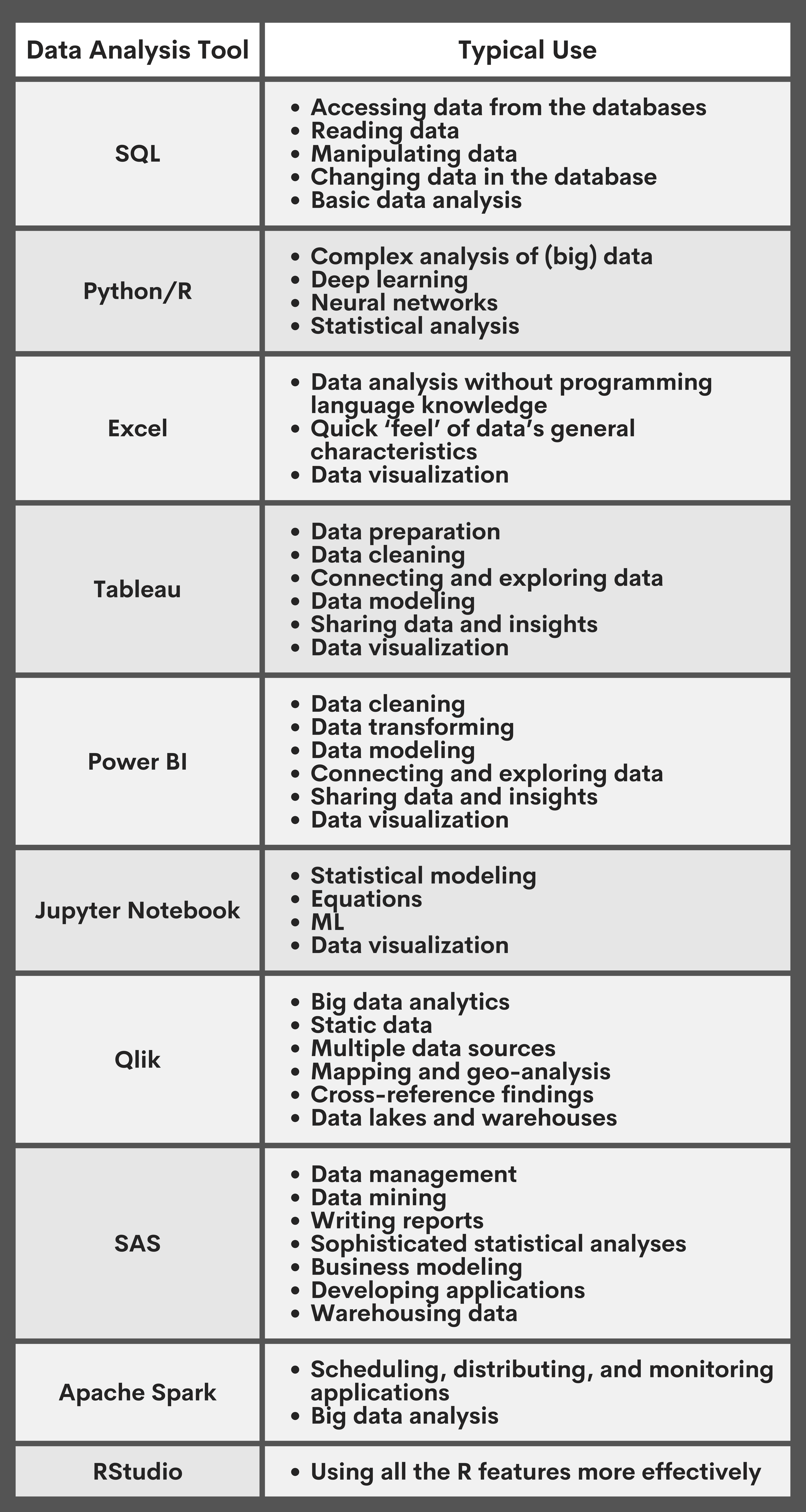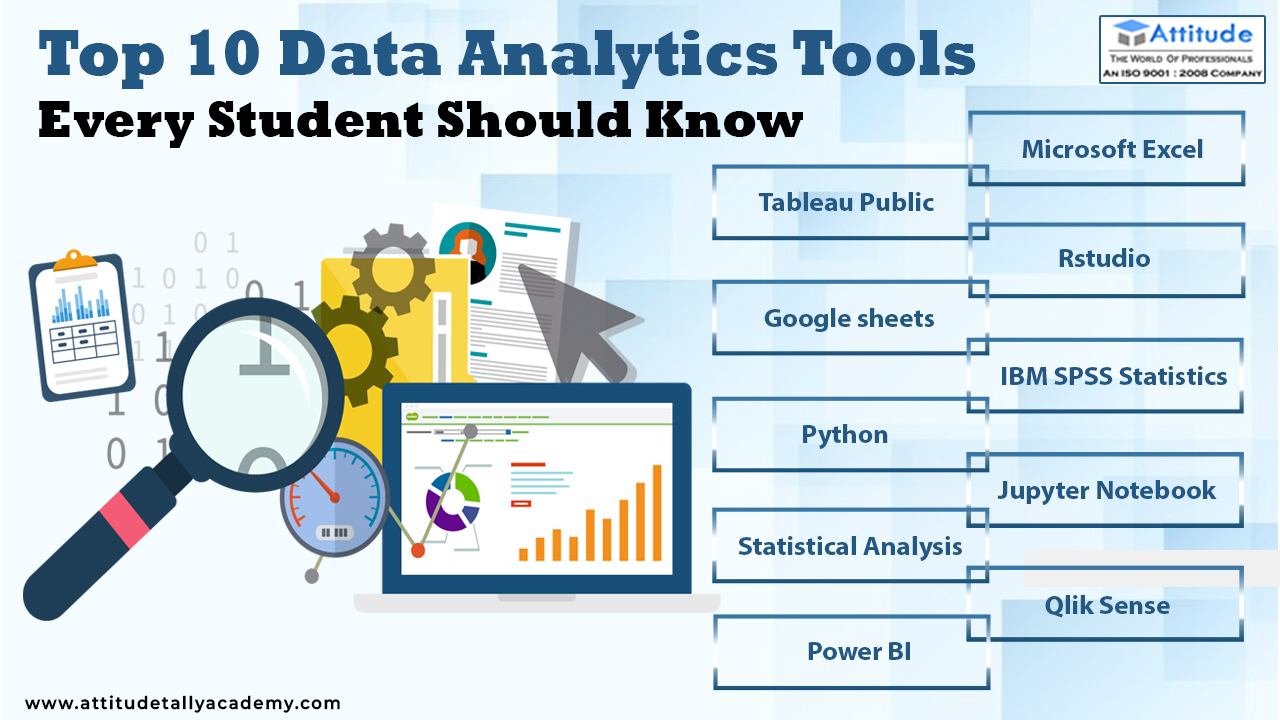Streamline Your Data Management with Integrated Analytics Equipment
Streamline Your Data Management with Integrated Analytics Equipment
Blog Article
Take Full Advantage Of Growth: How Analytics Drive Better Strategies
In today's data-driven landscape, companies progressively recognize the essential role of analytics in forming reliable development methods. By taking advantage of data insights, companies can refine their functional strategies, expect market modifications, and boost client involvement. However, the obstacle exists not only in collecting data but in properly translating it to drive substantial outcomes. As we explore the vital advantages and approaches related to analytics, a critical question arises: exactly how can companies ensure they are leveraging these understandings to open their complete potential? The solution might redefine the future of calculated planning.
Understanding Information Analytics
Information analytics is a systematic computational analysis of data that allows organizations to reveal purposeful patterns and insights. This procedure incorporates a range of methods, consisting of statistical analysis, anticipating modeling, and data mining, which jointly aim to change raw information right into actionable info - Analytics. By utilizing these methods, companies can make informed choices that are rooted in empirical proof instead of instinct alone
The structure of data analytics hinges on its capability to handle huge quantities of information from varied resources. This includes structured information, such as data sources, and unstructured information, consisting of social media sites interactions and customer comments. With using specialized software and devices, analysts can remove and process this information successfully, identifying trends and correlations that might not be quickly apparent.
Comprehending information analytics also involves acknowledging the significance of data top quality and integrity. Reputable and precise data is essential for meaningful analysis; hence, organizations must apply durable data governance techniques. Additionally, the repetitive nature of analytics permits for continuous refinement and improvement of approaches, making sure that organizations continue to be active despite transforming market characteristics and customer behavior.
Secret Advantages of Analytics

One of the crucial advantages of analytics is its capacity to give actionable insights. Organizations can swiftly analyze vast quantities of information, uncovering patterns that might not be quickly noticeable.
Another considerable advantage is enhanced customer understanding. Analytics tools enable services to sector their target market, track customer habits, and personalize advertising and marketing efforts. This targeted technique not just enhances client interaction yet also drives higher conversion rates.

Implementing Analytics Methods
To fully realize the benefits of analytics, organizations should adopt organized strategies for execution. This starts with plainly defining objectives that align with broader company goals. By establishing details, quantifiable results, organizations can concentrate their analytics initiatives on locations that produce the highest possible return on financial investment.
Following, companies should prioritize information governance to guarantee the integrity and safety of the data being examined. This includes establishing up methods for data collection, storage space, and gain access to while adhering to pertinent laws. Making sure high-quality information is vital for producing meaningful insights.
Additionally, fostering a culture of data-driven decision-making is important. This calls for training workers to interpret analytics findings and motivating cooperation across divisions. When groups Analytics recognize the value of analytics, they are much more likely to integrate insights into their daily procedures.
Lastly, organizations must consistently examine and improve their analytics strategies. The landscape of information and modern technology is constantly evolving, and staying adaptable will certainly enable organizations to leverage brand-new tools and methodologies effectively. By applying these structured techniques, companies can make best use of the impact of their analytics efforts and drive sustainable development.
Tools for Efficient Analysis
Efficient analysis depends on a selection of tools that help with the removal of understandings from data - Analytics. These devices can range from basic spreadsheet applications to sophisticated machine finding out platforms, each serving a distinct function in the logical procedure
Data visualization software, such as Tableau and Power BI, plays a vital function in transforming complex datasets into understandable graphical depictions. These devices make it possible for analysts to identify fads and patterns swiftly, enabling more educated decision-making.
Statistical analysis software program, like R and SAS, offers innovative abilities for conducting thorough evaluations, consisting of regression, theory screening, and anticipating modeling - Analytics. These attributes encourage companies to draw meaningful final thoughts from their data, determining possible opportunities and dangers
Moreover, database monitoring systems such as SQL and NoSQL databases supply the necessary framework for keeping and quizing big quantities of data effectively. They make certain that information is organized and available for analysis.
Finally, company knowledge platforms integrate numerous data sources, giving a thorough view of organizational efficiency. By using these tools successfully, organizations can improve their analytical capacities, enabling them to create approaches that make the most of growth and boost overall performance.
Case Studies of Success
Effective organizations typically leverage data analytics to drive impactful strategies, as shown by several noteworthy case researches. By using these insights, Netflix has effectively tailored its content referrals, resulting in raised customer engagement and client retention.

Additionally, Starbucks employs data analytics to identify optimal store locations and refine its product offerings. By examining customer demographics and purchasing patterns, Starbucks effectively determines high-potential markets and tailors its menu to local tastes, driving sales and content consumer commitment.
These instance researches show that efficient use of data analytics can result in tactical advantages, cultivating technology and development within organizations across various sectors.
Verdict
In final thought, the integration of analytics right into organizational techniques dramatically enhances decision-making processes and promotes sustainable development. The effective execution of analytics tools further supports dexterity and development, making it possible for organizations to browse competitive landscapes with higher accuracy.
Data analytics is an organized computational analysis of data that makes it find more possible for organizations to discover meaningful patterns and insights.Recognizing information analytics also includes recognizing the significance of information quality and stability. Exact and dependable data is vital for purposeful analysis; therefore, companies have to implement robust information administration techniques.Next, organizations ought to focus on information administration to make certain the integrity and safety and security of the information being assessed.Effective companies often utilize information analytics to drive impactful strategies, as evidenced by a number of significant case research studies.
Report this page